|
In today's podcast, you will learn more about “Gratitude Infusion” and how you can make this a part of your leadership culture.
Mike Harbour and Kerry Wekelo discuss how you can make gratitude a successful process in the workplace, a few ways you can use gratitude to build your teams and finally how frequently should you be using gratitude as a tool. Listen to the podcast here.
0 Comments
In this episode, Aviv and Kerry Wekelo, COO of Actualize Consulting, explore the concepts of Culture Infusion and Gratitude Infusion. They delve deep into the importance of self-awareness, honesty, and empathy within organizations. Finally, Aviv and Kerry share best practices on how individuals and businesses can practice gratitude to foster personal and professional growth.
Listen in at https://bit.ly/avivwekelo In this podcast episode with the UK Yeukai Kajidori Business Show, our COO Kerry Wekelo shares how we create and maintain our thriving organizational culture – even during challenging times. They talk about the need for open and transparent communication, the use of gratitude, how to keep a pulse on your people's needs, wants, aspirations, and more.
To listen in, visit https://bit.ly/kwyeukai Kerry Wekelo, Chief Operating Officer, Actualize Consulting
Do you ever wonder how toddlers learn so quickly? Their unwavering curiosity fosters conversations that fuel their desire for knowledge. When my kids were young, I can remember them asking me “why” over and over – for hours! Here is an example: Why do leaves change colors?
Why?
Why is that?
Why do the leaves fall off the trees?
Why is that?
By staying inquisitive, they stay primed for information. It has evolved into something I personally practice, called “The 5 Whys”. This technique is powerful in any situation in which you are trying to uncover the root cause. The next time you want to solve a problem or help a client uncover their true needs, give it a try – ask “why” five times MINDFUL TIPS TO KEEP THE PEACE DURING POLITICAL DISCUSSIONS
Kerry Wekelo, Chief Operating Officer, Actualize Consulting Two contentious subjects to broach in conversation are politics and religion – unless both parties are in total agreement, discussions can get heated. We are taught that in order to preserve relationships, both personal and professional, we should stay quiet about our political and religious leanings. However, after the divisive 2020 election, it is only natural (and human nature) that political discussions and the like are showing up at work and at your holiday dinner table. This makes for an interesting dilemma – where do we draw the line to choose how and with whom to have our political discussions? For work, the reasons to avoid such a controversial topic are clear: legal concerns, workplace distraction, team division, and an uncomfortable working environment should all be considered. At home and with family, that line is a bit less clear… but it is important to set the boundaries needed for your personal health. Here are 8 ways to stay mindful in stressful or divisive discussions. 1) Pivot the conversation: At work: Shift to a work-related topic. For example, if someone raises the topic, you might say, “I hear you. It’s a different time than many of us have experienced before.” Pause. “I wanted to talk to you about our upcoming deadline and what we need to do to complete everything in time.” Or “Yes, I understand. I’m sorry to interrupt you...I have a task I need to complete and focus on right now.” At home: Shift back to positive family matters. “I see what you’re saying.” Pause. “Did you hear about *insert family member and their accomplishment.* 2) Acknowledge tensions as they arise: If a heated political discussion begins, interrupt and say, “Uh oh, things are getting a little tense here. How about we take a break from politics for a while?” 3) Limit conversation engagement. When a conversation turns to politics, excuse yourself to use the restroom, grab some water, or walk around the office. 4) Relate. Stick to neutral observations and impartial comments. “We can agree this scenario is difficult to comprehend on both sides.” Or “I think we can agree this topic is debatable.” These phrases help the other person feel heard without you personally stating your opinion or political preferences. 5) Smile and nod. Saying nothing and listening -- genuinely, with curiosity -- is a sure way to stay in a safe conversation space. After a few minutes, you can politely excuse yourself by lightly saying, “Ok, time for me to get back to work/other task.” 6) Honor your own boundaries. Set the intention to not engage in political discussions; simply say “I’ve decided not to have political conversations right now. Let’s give ourselves a break to focus on something else for a while.” 7) Show respect. Even if you disagree, be respectful. Never attack someone’s opposing views – we each have a unique life experience that shapes our perspective. Being kind is much more important than trying to convince someone you are right. If, at home and with close friends or family (not the workplace), you do wish to share your views, do so in a gentle, non-attacking manner. 8) Pause and Take a Breath: We’ve all been in situations where we start to tense up – our heart races, our chest tightens, and fight-or-flight kicks in. Instead of biting back, try to center yourself in the moment. Take a deep breath to physically feel a difference. To limit the impact of the current political landscape’s negativity, try to focus on the areas that matter most to you, and choose carefully when and where you step into the political sea. It’s probably best to keep debatable subjects to a close group of friends instead, especially if you know things may turn ugly. An old fable to call upon is the one that encourages us to ask ourselves three important questions before we speak: Is it true? Is it kind? Is it necessary? Let’s all take that filter to our political conversations at work and beyond. In this session Kerry Wekelo, Chief Operating Officer at Actualize Consulting shares her six guiding principles on managing a remote workforce including the use of technology, effective communication, engaging remote workers and work/life balance strategies. These tried-and-true principles will help you and your team thrive personally and professionally. Watch the Webinar here.
In this TD Ameritrade Institutional podcast, Salomon & Ludwin and Actualize Consulting's COO Kerry Wekelo discuss how they provide dedicated service to clients and tips for how companies can create environments that support work-life balance for their employees. Listen to the podcast here
|
News OverviewLatest release news and tips for your Kyriba implementation. Categories
All
Actualize ServicesArchives
December 2020
|
- Home
- News
-
Kyriba ▼
- On-Boarding
- Bank Account Management
- Bank Connectivity
- Bank Fee Analysis
- Bank Statements
- Business Intelligence
- Cash & Forecasting
- Cash Accounting
- Financial Accounting
- Financial Transactions >
- Fraud & Compliance
- GL Reconciliation
- Hedge Accounting
- In-House Banking
- Netting
- Payments
- SSO/SMS
- System Administration
- Valuations
- Mid Market ▼
- Best Practices ▼
-
Actualize Resources ▼
- New Kyriba Consultants
-
Technical Resources ▼
>
- More Education ▼ >
- Bank Account Management
- Bank Fee Analysis
- Bank Connectivity
- Bank Statements
- Kyriba Reporting ▼ >
- Cash & Forecasting
- Cash Accounting
- Core Data
- Connectivity ▼ >
- Data Exchange
- Financial Accounting
- Financial Transactions
- Fraud & Compliance
- GL Reconciliation
- In-house Banking
- Liquidity Planning
- Market Data & MTM
- Netting
- Payments
- Supply Chain Finance
- System Admin & SSO
- Valuations & Risk, Hedge Accounting
- News & General ▼ >
- Project Resources ▼ >
- RPA
- Sales and Account Management
- Training Portal Requests
- Contact

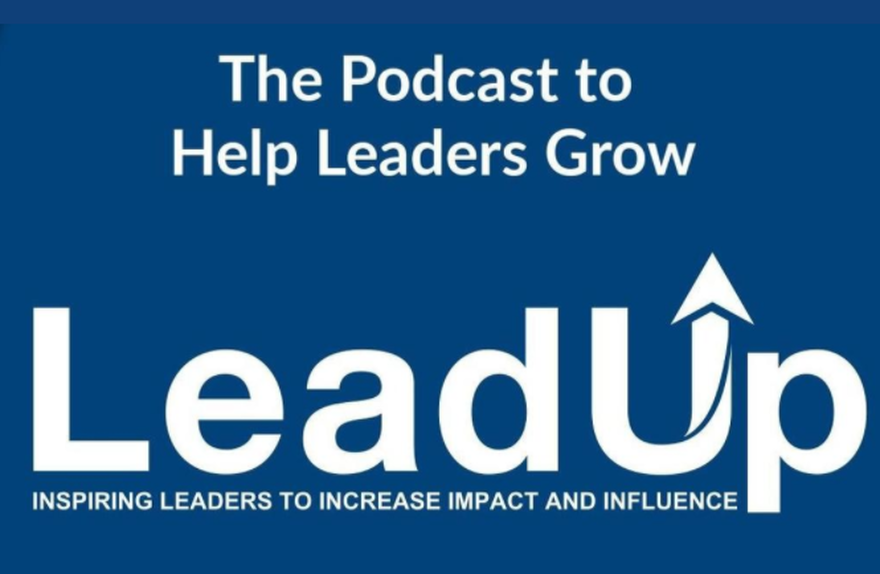

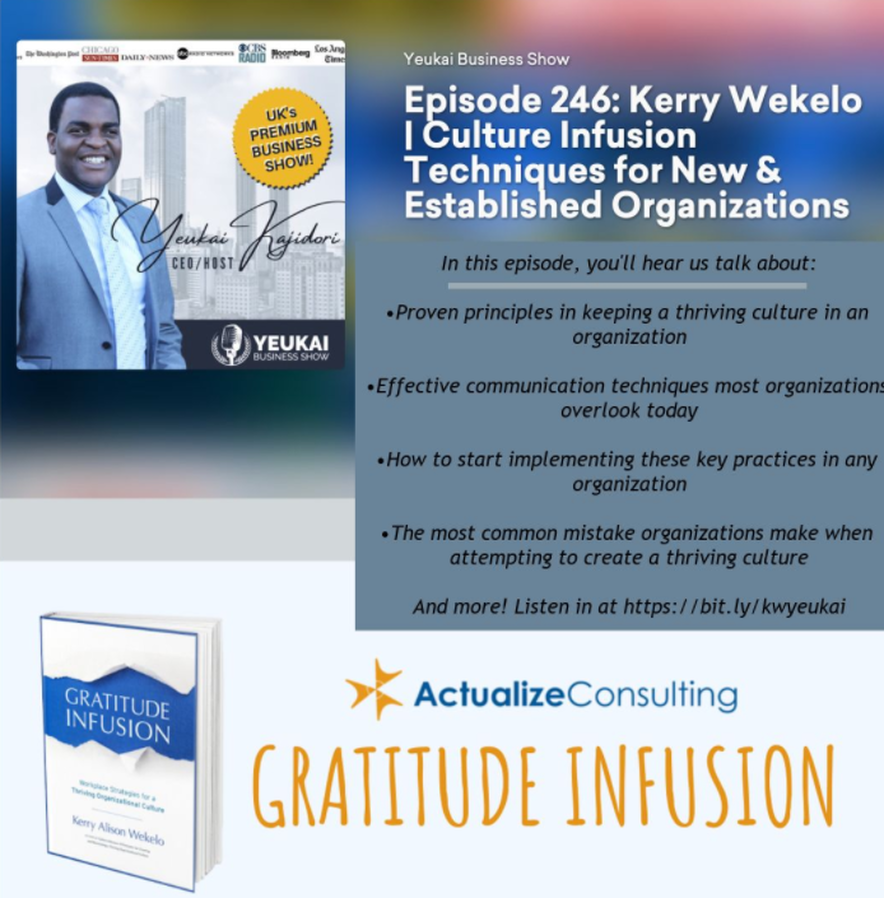
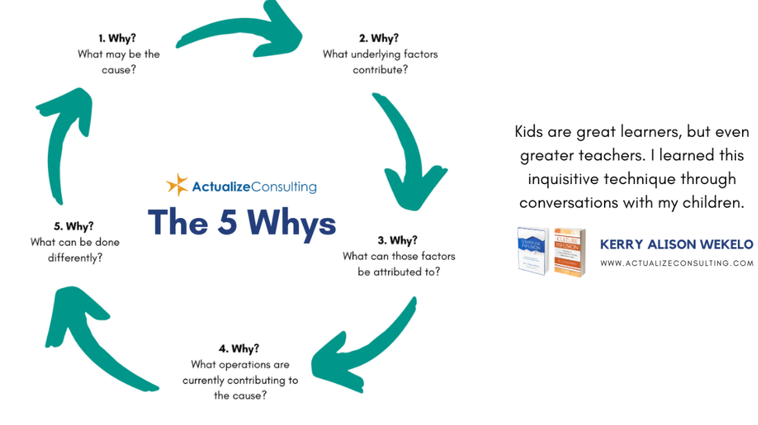
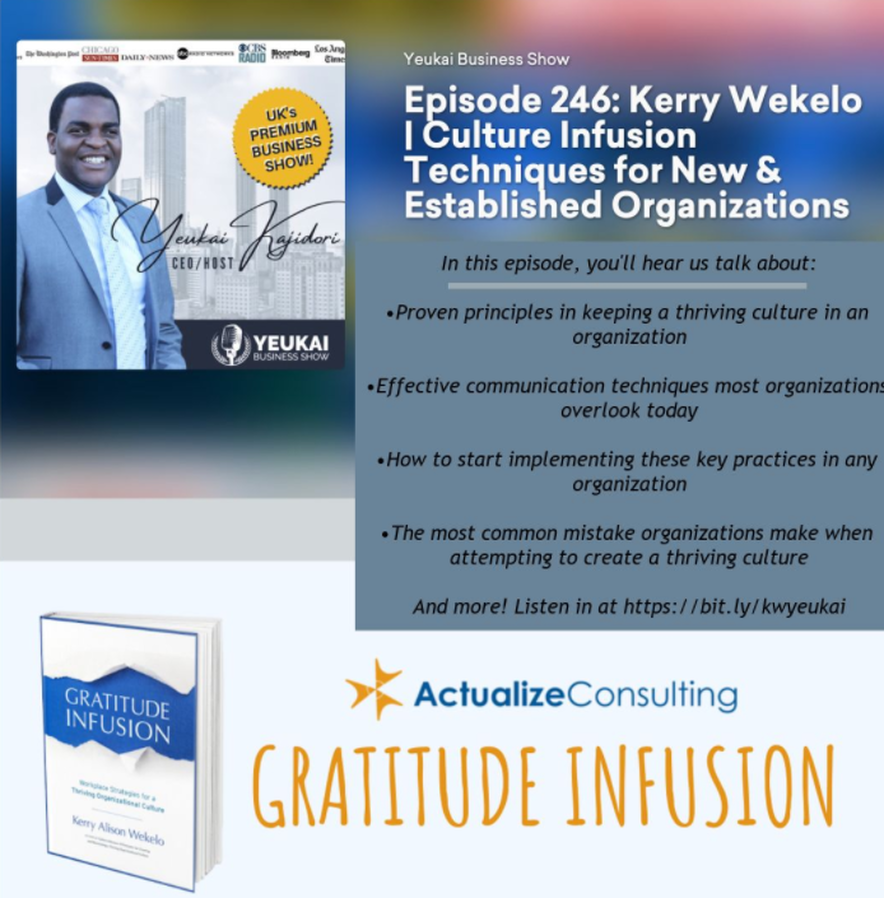
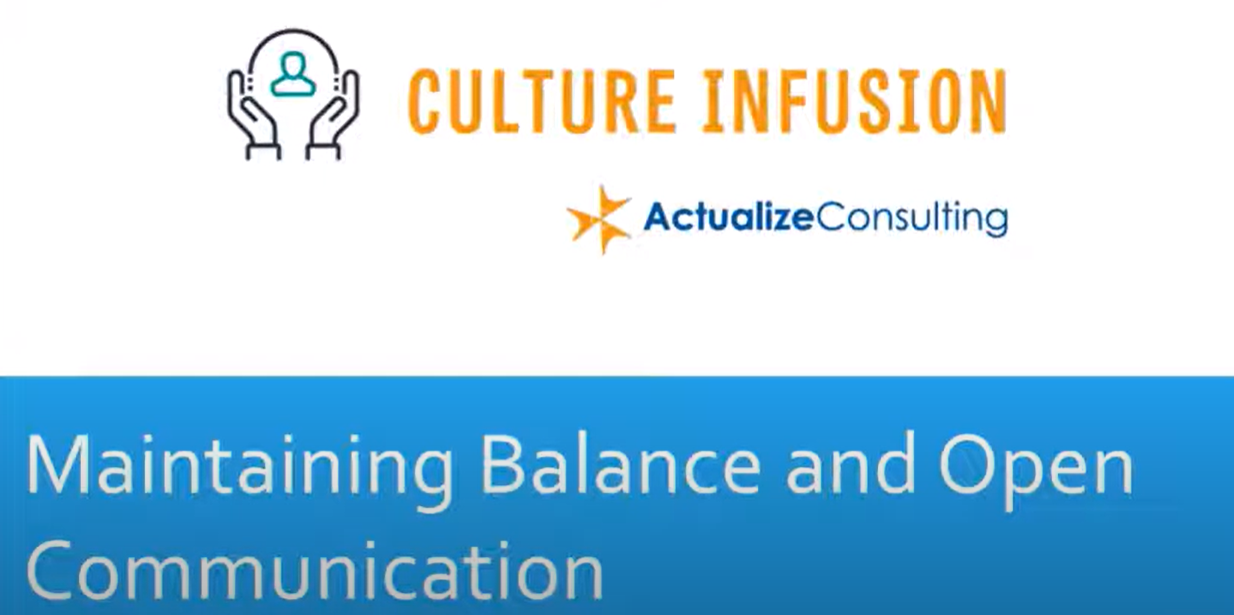

 RSS Feed
RSS Feed